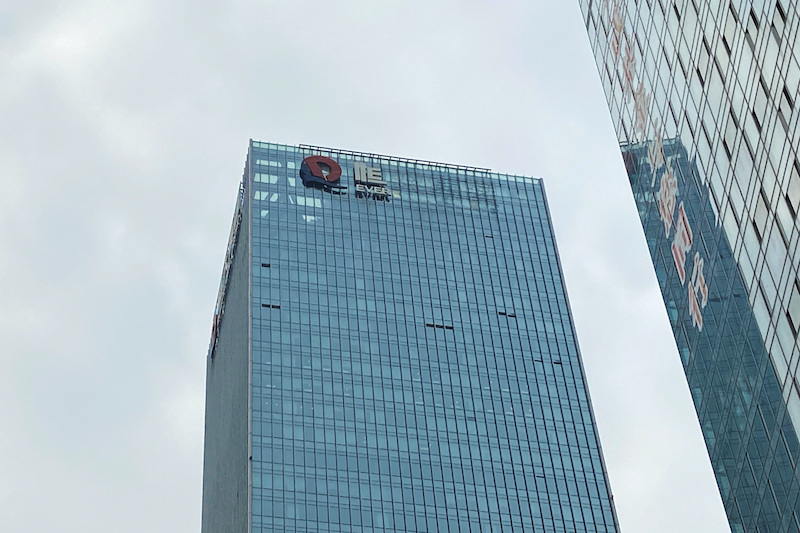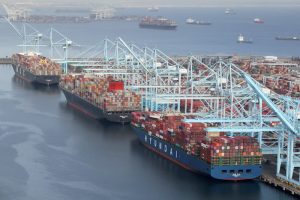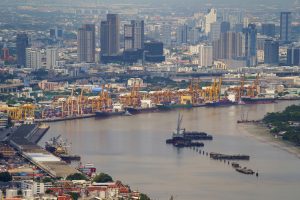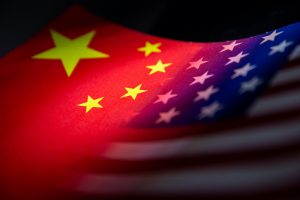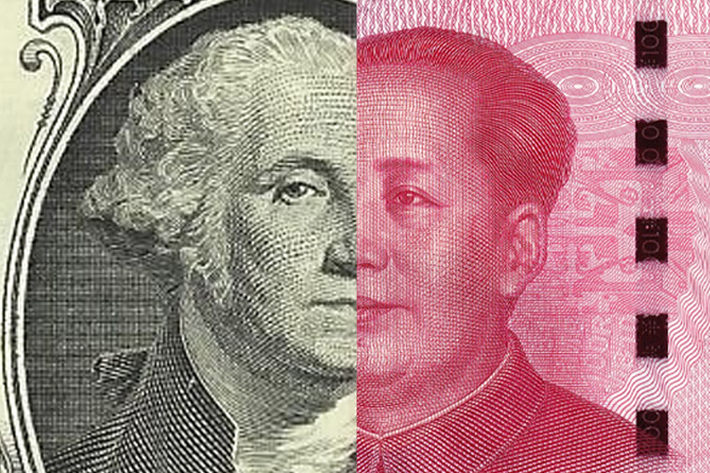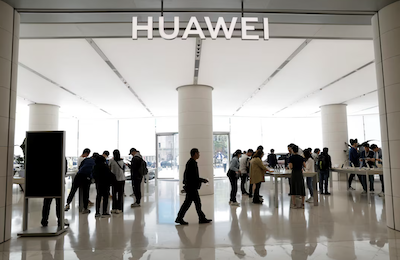China Evergrande Group founder Hui Ka Yan has been fined $6.53 million and will be barred from the securities market for life after the group’s flagship unit was accused of inflating results and securities fraud.
Hengda Real Estate said in an exchange filing that China’s securities watchdog also penalised the company and several of its former senior executives after an investigation.
The penalty represents the latest blow to Evergrande, the world’s most indebted property developer, which defaulted on its offshore debt in late 2021 and was ordered by the Hong Kong High Court to liquidate in January.
It comes days after the China Securities Regulatory Commission (CSRC) vowed to crack down on securities fraud, and protect small investors with “teeth and horns”.
Last September, Evergrande said its founder was being investigated over suspected crimes.
Also on AF: China Praises Putin’s Election Win Despite Western Protests
Hengda Real Estate said a probe by the CSRC found that it inflated revenues by 213.99 billion yuan, or half of the total, in 2019. In 2020, sales were inflated by 350 billion yuan, or 78.5% of total. And the developer issued bonds based on those falsified statements.
In addition, the company failed to make timely disclosure of annual and mid-term results, lawsuit cases and outstanding debts.
Hui was directly responsible at the time, so the misconduct was particularly “egregious and grave in nature”, the company said in a statement, citing the CSRC decision.
Other executives punished include Hengda Real Estate’s former vice chairman and its former chief financial officer.
Hengda Real Estate will be fined 4.2 billion yuan, and ordered by the regulator to rectify.
- Reuters with additional editing by Sean O’Meara
Read more:
Evergrande Hires Legal Teams as China’s Property Crisis Deepens
China Evergrande Liquidators May Sue Its Auditor PwC: Report
China Moves to Lift Property Sector Amid Evergrande Crash Fears
Will Evergrande Really be Liquidated? Not if China Says No
Court Orders China Evergrande Liquidation to Pay its $300bn Debts




